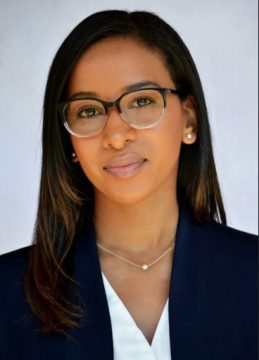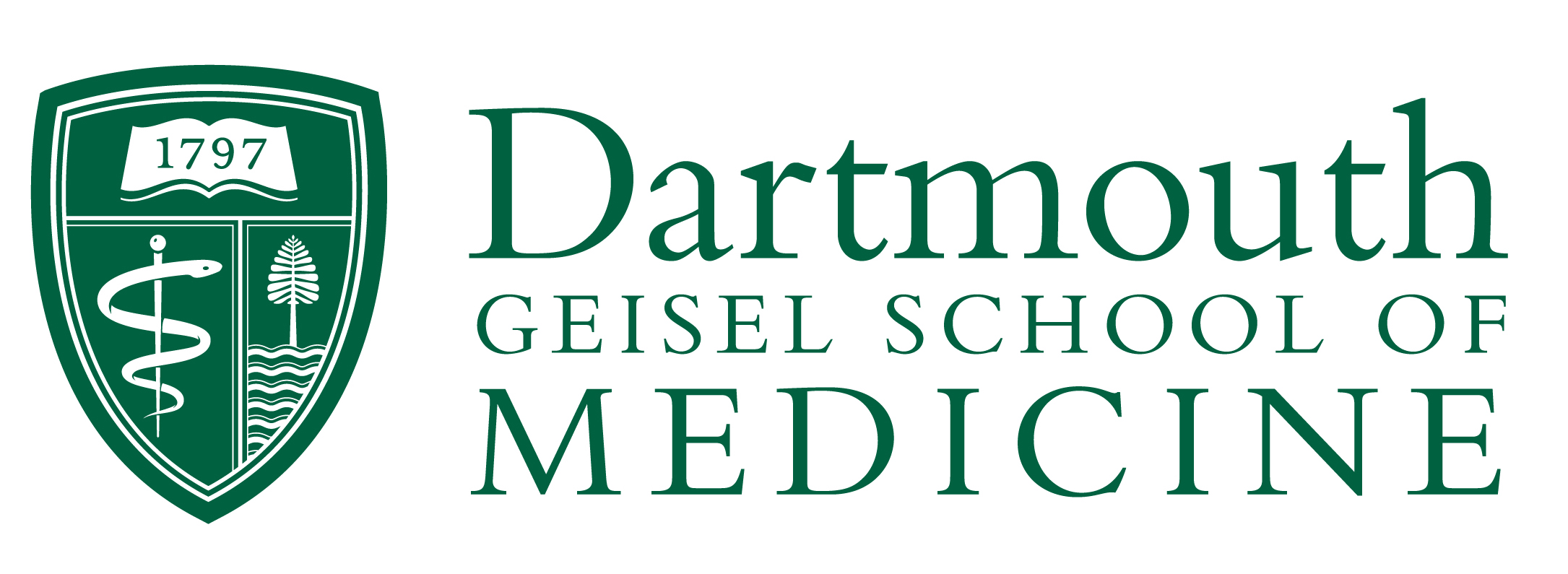When we use the word allyship, we often think about it in abstract terms. It means to care about someone else and to help them, right?

Allyship, to me, is when the injustices that dehumanize others interrupt your peace to the extent that you can’t stand idly by, even when you’re not directly impacted by those injustices. It doesn’t mean pitying a person, or coming to someone’s rescue; allyship is engaging in the hard work of learning about others’ experiences, listening, and then asking, “How can I support you?”
There is no field that those lessons can better apply to than medicine. Doctors are fixers by nature. We are taught to see a group of symptoms and immediately start developing a differential diagnosis and the appropriate management plans. We are solvers; that is where we thrive. When faced with issues we can’t quickly fix, such as systemic racism, social determinants of health, transphobia, homophobia, environmental injustice, and health inequities, we grow uncomfortable and we might be tempted to retreat and use language like “that’s complicated” or “I don’t want to get political” to comfort our moral apathy.
Physicians take a sacred oath: “First, do no harm.” When we fail to stand up for the injustices that our patients experience or that occur within our communities or in our world we harm our patients and betray that oath. My future ability to operate, see patients, and treat people depends on how my colleagues and patients are doing, and a loss for one is a loss to the group.
In my allyship journey, I commit to engaging in a continuous cycle of self-reflection, listening, empathizing, and identifying ways to use my privilege to privilege others. Solidarity with others, especially marginalized groups, is an integral part of why I came to medical school and has been central to how I choose to spend my time at Geisel. My work as an ally and as a future physician are intertwined, and I believe that the growth of one identity will only serve to build the other.
By Falen Demsas ’22




